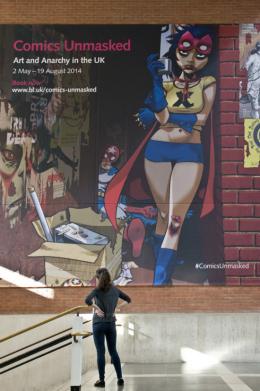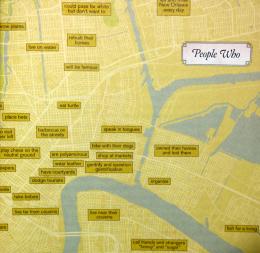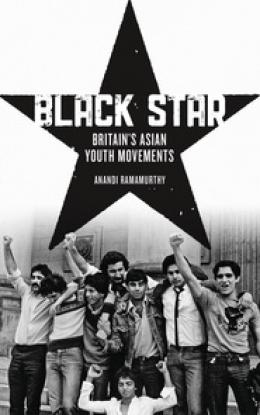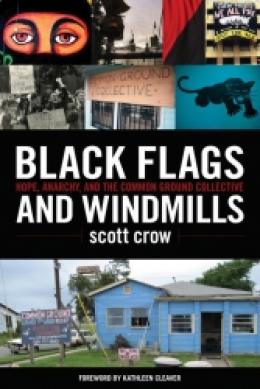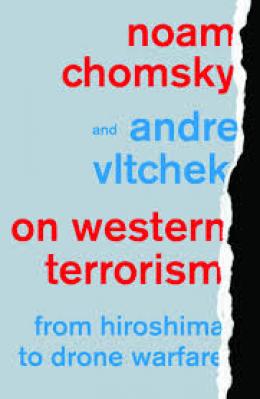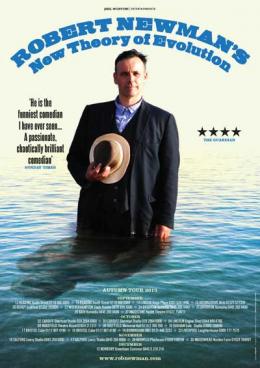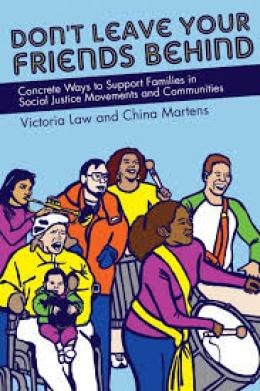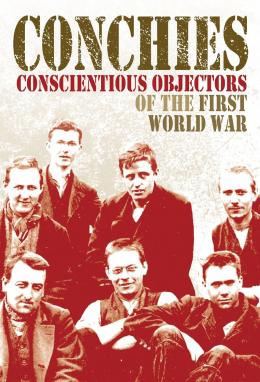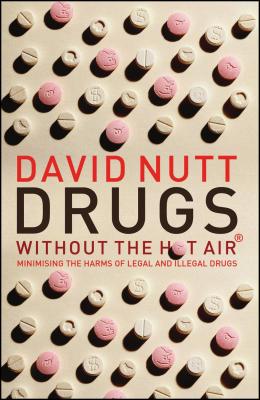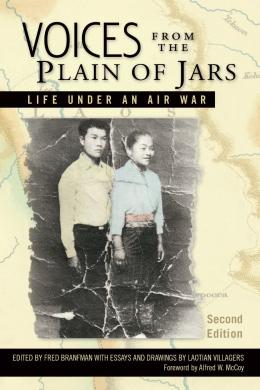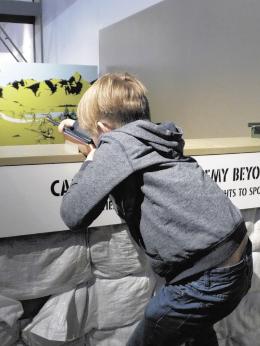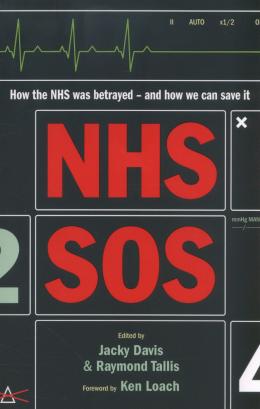In 1978, in a satricial swipe at the burger giant, British sci-fi comic 2000 AD had its fascist anti-hero Judge Dredd visit the nightmarish ‘MacDonald City’ – a dystopia within a dystopia. However, they soon became nervous about libel lawsuits, and the axe finally fell – albeit from a different quarter – when a later episode pitted Dredd against a crazy version of the Jolly Green Giant. Threats of legal action from food giant General Mills forced the comic into publishing a half-page retraction in comics form, ‘showing the “real”…
Reviews
Here’s a book to counter climate change! I travelled through New Orleans every night from my bed, becoming intimate with neighbourhoods through maps of sounds and corpses and bananas; poetic and political maps such as ‘Snakes and Ladders: What rose up and what fell down during Hurricane Katrina’; I followed the fluidity of a delta city where the concrete and metaphor elide in ‘Of Levees and Prisons: failures of containment, surges of freedom’, with many ‘did you know?’ moments (Louisiana was founded as a convict dump, and one in 14 Black…
The use of military drones by Israel and the US has caused a revolution in how conflicts are fought and severely challenged our concepts of international law.
European nations were caught off guard and have rushed to catch up with their competitors, fearing becoming dependent on outsiders for military technology.
This detailed report on European involvement in the race toward autonomous warfare, explores the myriad government programmes designed to…
All the fights that we cover in Peace News against fracking and roads and climate change have at their heart an anger and a love for our intimate home landscapes. We fight for the hills of Lancashire to the fields of Norfolk. Sebastião Salgado’s grand photographic project Genesis opens one’s eye and heart to a world beyond anything most of us will ever experience. Here are images that bring one to tears for the magnificence and frailty of the earth.
The Genesis project ‘is an attempt to portray the beauty and the majesty of regions…
‘Come what may; we’re here to stay’. This rallying cry of the Asian Youth Movements (AYMs) of late ’70s Britain evokes a defiant identification with a new and radical Britishness. Facing the brunt of fascist abuse and police indifference, these second-generation South Asians, unlike their parents, knew that they wished to stay in Britain and grew up in an environment both challenging and hopeful.
Another popular chant went: ‘Labour, Tory, both the same: both play the racist game’, which expressed dissatisfaction and aversion to…
This is a roller-coaster read from page one, following the terrifying, exhausting, inspiring and ultimately hopeful story of the Common Ground Collective in New Orleans.
Now nearly 10 years old, the collective began when activists from Texas went to the poor districts of New Orleans to find friends of theirs, former Black Panthers, after Hurricane Katrina hit. Among the floodwaters and devastated neighbourhoods, they found oppressed minority communities abandoned by the authorities, left…
In a recent interview posted on the website ‘Urban Times’, Norman Finkelstein noted that ‘it’s really hard to imagine how many people I have met in my life who said “reading Noam Chomsky changed my life”.... It’s a marvel. There are legions of people in the world whose lives were turned upside down literally because of reading him.’
Though a member of one of those legions, I still have to admit that there is a problem with reading Chomsky’s own writings. Though written in plain English (no Žižek-style nonsense for Mr Chomsky, thank…
Rob Newman’s latest show – his first full-length tour since 2005 – is, as might be expected, a strange mix: a full frontal assault on ‘ultradarwinism’ (the gene- and natural selection-centred account of evolution popularly associated with Richard Dawkins) refracted through the prism of Newman’s whimsically-surreal comic imagination, taking in railway handcars, red harvester ants, Martin Luther, and the 1975 Sex Discrimination Act.
Though not (yet) as polished as his previous shows ‘From Caliban to the Taliban’ or ‘Apocalypso Now’,…
Spontaneous and deeply demanding of intuition: such is childcare.
This collection of essays from various activists, offers experiences and advice about the ‘gendered and low value’ work that is childcare in social change movements. And, while not quite as inspiring as it promises, it nonetheless raises interesting and often uncomfortable questions about this hyper-political topic. Read selectively though, and skip the rants loaded with unhelpful neologisms (edukkkated, herstory, skolaz).
To pick the best bit of…
During the First World War, an estimated 20,000 British men of military age refused conscription, with over 6,000 serving prison sentences under conditions which included hard labour and a ‘rule of silence’ that forbade prisoners to talk to one another.
Soon after conscription was introduced in 1916, fifty conscientious objectors (COs) were secretly taken to France by the British military. But for the intercession of Bertrand Russell — a prominent opponent of the war back in London, with access to the Prime…
David Nutt is the former government drugs advisor who was sacked for comparing the risks posed by ecstasy and horse-riding – the latter being a heavier tax burden.
Having set up the Independent Scientific Committee on Drugs, Nutt’s mission is to provide objective information on drugs to the public, educators and academics, reassessing the harms of all drugs, and treating addiction as a medical, not a moral, issue for society to tackle.
His reading of substance harm finds tobacco and alcohol at the end of the…
At the heart of this collection of essays is a brilliant and wonderful idea: academics presenting the case against Trident whilst protesting outside Faslane naval base. These al fresco conferences took place in January and June 2007 as part of the year-long Faslane 365 blockade, and resulted in the base being closed down and numerous arrests. Both were clearly successful events, and the road outside Faslane gates must count as one of the most unusual conference venues ever.
However, I think the average reader may…
As I write, two of my friends are in Afghanistan visiting the Afghan Peace Volunteers (APV) – a community of young peace activists in Kabul whose writings and short films (‘love letters from Kabul’) are deeply poetic.
I was reminded of the APV when reading this book. In the late 1960s, the US carried out a massive secret bombing campaign over the Xieng Khoang region of Laos. In just five years, thousands of people were killed and an entire ancient civilisation wiped out, under the most intense disposal of ordnance…
PN interviews a nine-year-old with a little experience of warfare-based games, after visiting the exhibition War Games at the Bethnal Green Museum of Childhood.
What did you like about the exhibition? It was interactive and you can say what you think of war games and it’s quite interesting to see games from the past, not just on a computer.
What do you think the good aspects of war games could be? It’s…
Opening the door to large-scale privatisation, the introduction of the 2012 Health and Social Care Act ‘marked the end of a national health service in England’, according to two contributors to this important and very timely book.
The coalition government’s plan to ‘reform’ the NHS did not appear in the election manifestos of either the Conservatives or the Liberal Democrats. Indeed, the coalition agreement itself explicitly stated they would ‘stop the top-down reorganisations of the NHS’. Speaking in 2011, former…


